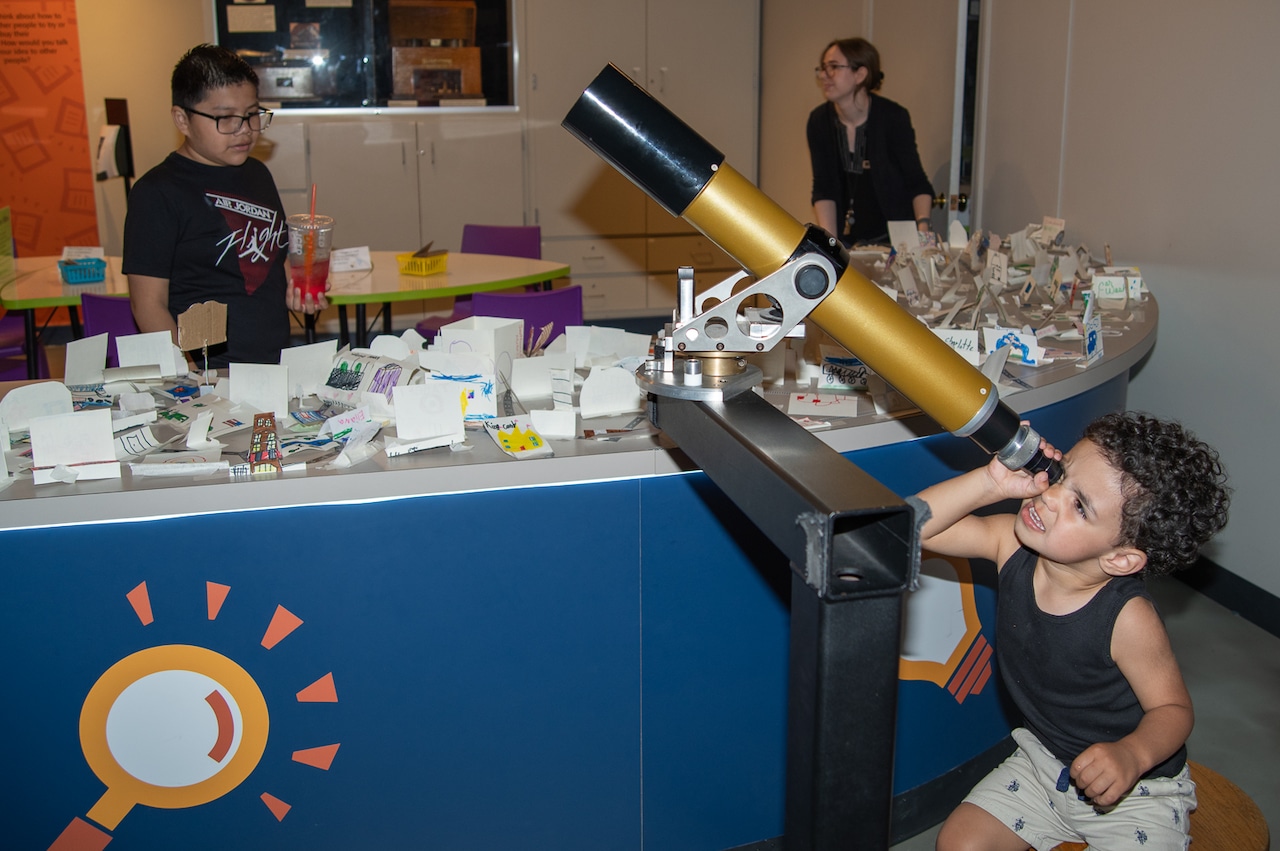Conducting and reporting animal experimentation: Quo vadis?
Autor: Diaz, Silvina L.
Publication year: 2020
The European journal of neuroscience
issn:1460-9568 0953-816X
doi: 10.1111/ejn.14091
Abstract:
Most scientific journals ask authors to include a statement in their articles that animal studies have been carried out in agreement with international regulations on the use and care of laboratory animals. This statement implies that all the experiments conducted on animals have been evaluated and accepted by an Ethical Committee and, that animal welfare has been put as a priority throughout the experimental protocol. Nevertheless, discrepancies are commonly found between the described procedures and the guidelines that are claimed to have been followed; this reveals a double dilemma. First, animal welfare is not always considered, implicating discomfort or even worse, suffering to animals involved. Secondly, revisions of manuscripts are sometimes done without taking into account ethical and regulatory aspects concerning the use of animals. Underestimation of pain or suffering, disregard for physiological parameters, and other examples recently reported in scientific journals by neuroscientists from all over the world are discussed in this article. In a period of great debate about the ethical use of animals, with society being involved and engaged in the discussion, this Neuro-Opinion intends to call the attention of researchers, ethical committee members, and journal editors about the need of strictly endorsing international regulations and placing animal welfare as the top priority.
Language: eng
Rights: © 2018 Federation of European Neuroscience Societies and John Wiley & Sons Ltd.
Pmid: 30058230
Tags: Animals; Animal Welfare; *Animal Experimentation; Animals, Laboratory
Link: https://pubmed.ncbi.nlm.nih.gov/30058230/






